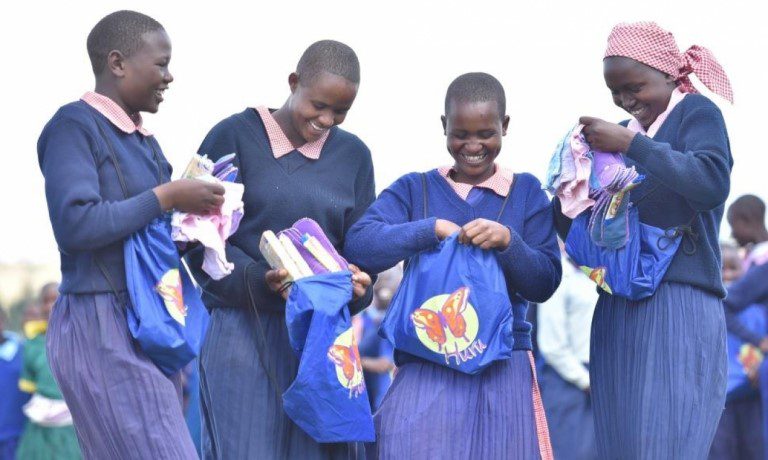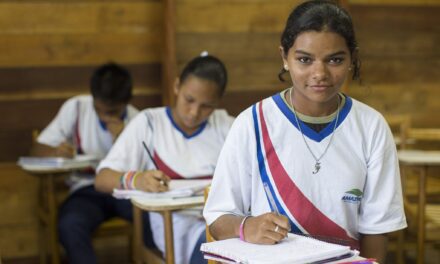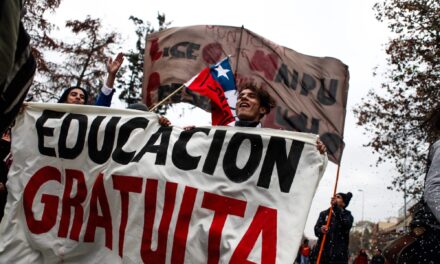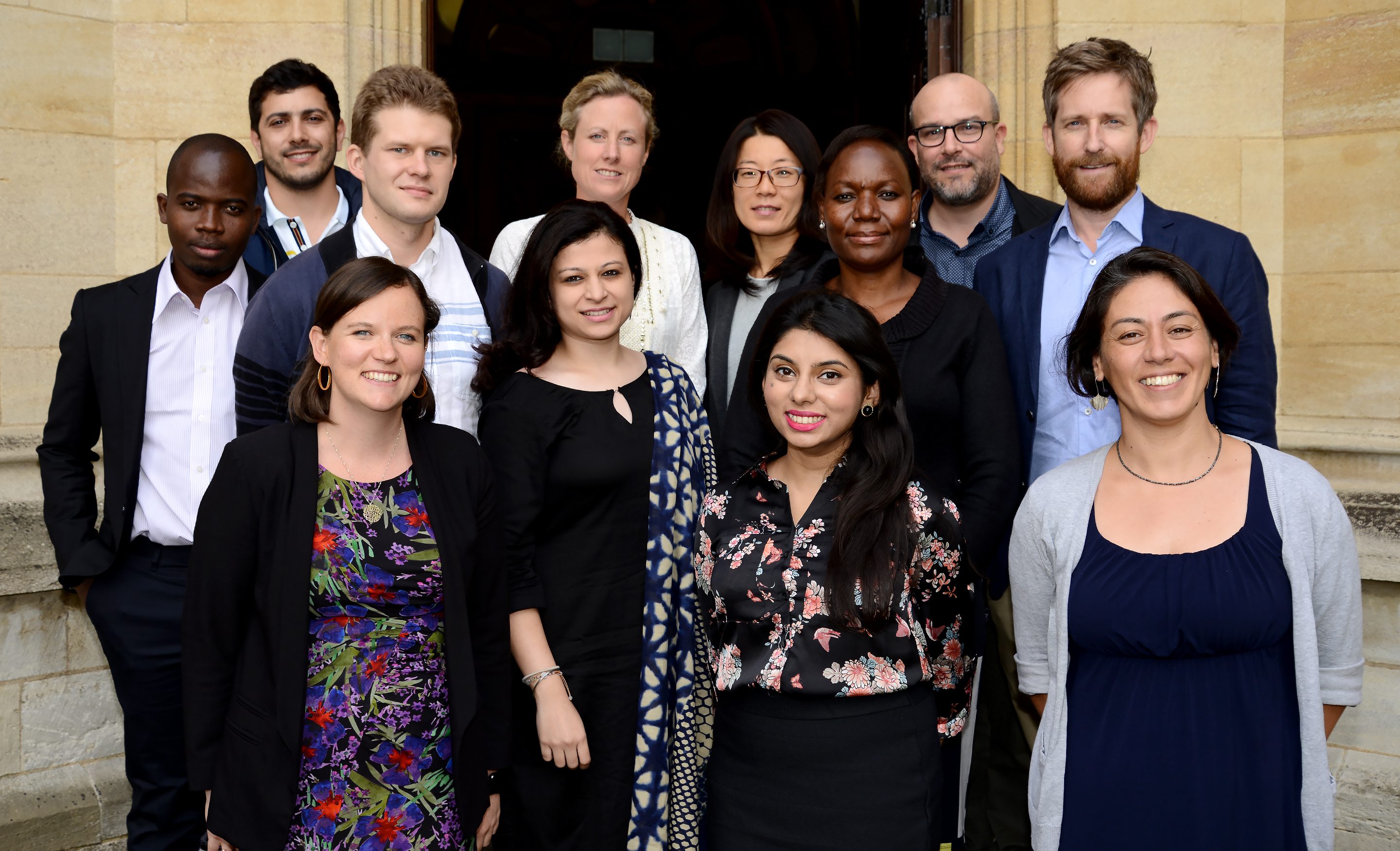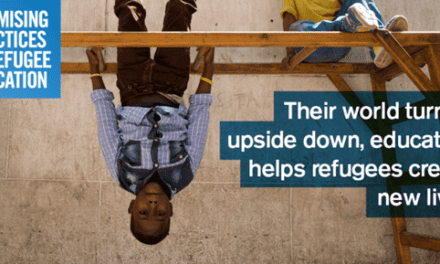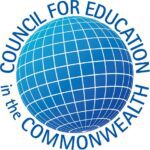 17 October 2018, 18:30 to 20:00
17 October 2018, 18:30 to 20:00
Commonwealth Parliamentary Association UK,
Westminster Hall, Palace of Westminster,
London SW1A 0PW
In many parts of the world, especially in Africa and Asia, the education of girls is limited and even curtailed by cultural and social inhibitions surrounding menstruation. This is a massively important issue but, because of sensitivities about what can be mentioned in polite society, it is very often ignored, blighting the lives of thousands of young women and thwarting the development of whole countries. The CEC has brought together four experts in the field, all of whom have practical experience of alleviating the problem through practical action.
This discussion will be a major opportunity to hear about one of the most vital matters affecting the education of young women, and possible solutions through collaboration. All are welcome.
Download the flyer HERE
Speakers:
Dr Nick Maurice OBE, Trust Agency for Rural Development, The Gambia
Elizabeth Nyothach, Kenya Medical Research Institute, Kenya
Dr Penelope Phillips-Howard, Liverpool School of Tropical Medicine, UK
Mandu Reid, The Cup Effect, UK
Chair: Alastair Niven LVO, OBE
Dr Nick Maurice OBE
Nick Maurice has many years’ experience of international development having been a VSO volunteer teacher in Togo (1961-2), a VSO medical assistant in Papua New Guinea 1967-8, Director of Britain Nepal Medical Trust 1973-4 and a nutritionist with Oxfam’s emergency team in Kampuchea 1980. He subsequently became a trustee of Oxfam and Chair of Oxfam’s Asia Committee. In 2001 he was awarded OBE for services to Oxfam and international development.
In 1981 following the publication of Willy Brandt’s “The Brandt Report, North South – A Programme for Survival” he founded the Marlborough Brandt Group and set up a partnership between Marlborough and the predominantly Muslim community of Gunjur in The Gambia – a partnership for mutual learning which has seen the exchange of some 1750 young people between the two communities.
Elizabeth Nyothach
Since 2012 Elizabeth Nyothach was Project Manager of a menstrual hygiene management (MHM) pilot study to better understand the challenges schoolgirls face with menstrual management, and to test the cultural acceptability, girls satisfaction, environmental factors, safety and impact of menstrual ccups, or sanitary pads to keep girls healthy and in school. This work led to the creation of open dialogue on menstrual management, research and service programs while providing scientists with constructive input on planned research and interventions.
She is employed at the Kenya Medical Research Institute/Center for Global Health Research (KEMRI/CGHR) in Kisumu, western Kenya, where there is high rates of HIV, malaria and gender inequality within the population.
Dr Penelope Phillips-Howard
Since 2012 Dr Penelope Phillips-Howard has worked at the Liverpool School of Tropical Medicine conducting studies to understand the social, educational, and health implications of poor menstrual hygiene management for schoolgirls in Kenya and India.
Her team continue to work with the Kenya Medical Research Institute, now examining as a full trial, whether menstrual products or pocket money to girls can further prevent sexual and reproductive harms, and support girls to complete their education. Her team partnered with the Tata Institute of Social Sciences, Mumbai, and UNICEF to examine menstrual needs of schoolgirls in India and supported national guidelines for menstrual needs in schools in India.
Mandu Reid
Mandu Reid is the founder of The Cup Effect, an NGO which raises awareness about menstrual cups and campaigns to eliminate the taboos and stigma around menstruation in the UK and internationally.
Mandu is passionate about social justice, and firmly believe that if it’s possible to put people on the moon, it ought to also be possible to find solutions to some of life’s more immediate problems and challenges.
There will be a high demand for places.
To avoid disappointment, please RESERVE your place now on Eventbrite HERE, or email us on secretariat@cecomm.org.uk

